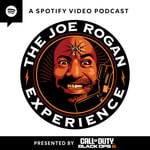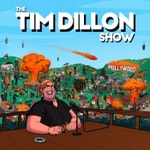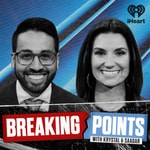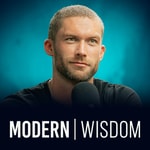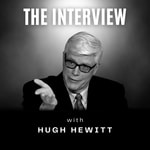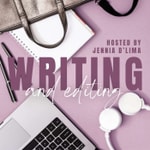Honestly with Bari Weiss – Détails, épisodes et analyse
Détails du podcast
Informations techniques et générales issues du flux RSS du podcast.
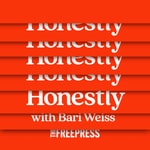
Honestly with Bari Weiss
The Free Press
Fréquence : 1 épisode/5j. Total Éps: 331

Classements récents
Dernières positions dans les classements Apple Podcasts et Spotify.
Apple Podcasts
🇺🇸 États-Unis - societyAndCulture
10/08/2025#69🇺🇸 États-Unis - societyAndCulture
09/08/2025#58🇨🇦 Canada - societyAndCulture
08/08/2025#79🇺🇸 États-Unis - societyAndCulture
08/08/2025#50🇨🇦 Canada - societyAndCulture
07/08/2025#64🇺🇸 États-Unis - societyAndCulture
07/08/2025#41🇨🇦 Canada - societyAndCulture
06/08/2025#58🇺🇸 États-Unis - societyAndCulture
06/08/2025#44🇨🇦 Canada - societyAndCulture
05/08/2025#61🇺🇸 États-Unis - societyAndCulture
05/08/2025#60
Spotify
🇺🇸 États-Unis - society & culture
10/08/2025#33↘🇺🇸 États-Unis - society & culture
09/08/2025#29↘🇺🇸 États-Unis - society & culture
08/08/2025#28↘🇺🇸 États-Unis - society & culture
07/08/2025#25↘🇺🇸 États-Unis - top
06/08/2025#199→🇺🇸 États-Unis - society & culture
06/08/2025#24↗🇺🇸 États-Unis - society & culture
05/08/2025#25↗🇺🇸 États-Unis - top
05/08/2025#199↗🇺🇸 États-Unis - society & culture
04/08/2025#26↗🇺🇸 États-Unis - society & culture
03/08/2025#29→
Liens partagés entre épisodes et podcasts
Liens présents dans les descriptions d'épisodes et autres podcasts les utilisant également.
See allQualité et score du flux RSS
Évaluation technique de la qualité et de la structure du flux RSS.
See allScore global : 59%
Historique des publications
Répartition mensuelle des publications d'épisodes au fil des années.
How Whole Foods Revolutionized American Eating Habits
jeudi 29 août 2024 • Durée 39:36
Debate: How Do We Fix American Education?
mardi 27 août 2024 • Durée 01:10:03
A Middle East on the Brink
mardi 30 juillet 2024 • Durée 01:14:08
How to Live Longer and Healthier with Dr. Peter Attia
jeudi 1 juin 2023 • Durée 01:18:20
Get To Know Tim Scott: The GOP’s Newest Presidential Hopeful
lundi 22 mai 2023 • Durée 55:51
Israel at 75: Miracles and Madness
mercredi 17 mai 2023 • Durée 01:36:13
America Needs a Self-Help Book. Tim Urban's Got One.
vendredi 12 mai 2023 • Durée 01:16:07
Peter Thiel Says America Has Bigger Problems Than Wokeness
mercredi 3 mai 2023 • Durée 01:20:43
AI With Sam Altman: The End of The World? Or The Dawn of a New One?
jeudi 27 avril 2023 • Durée 01:09:53
‘My Friend’s Descent into Madness and Bloodshed’: An American Tragedy
mercredi 19 avril 2023 • Durée 01:40:31
